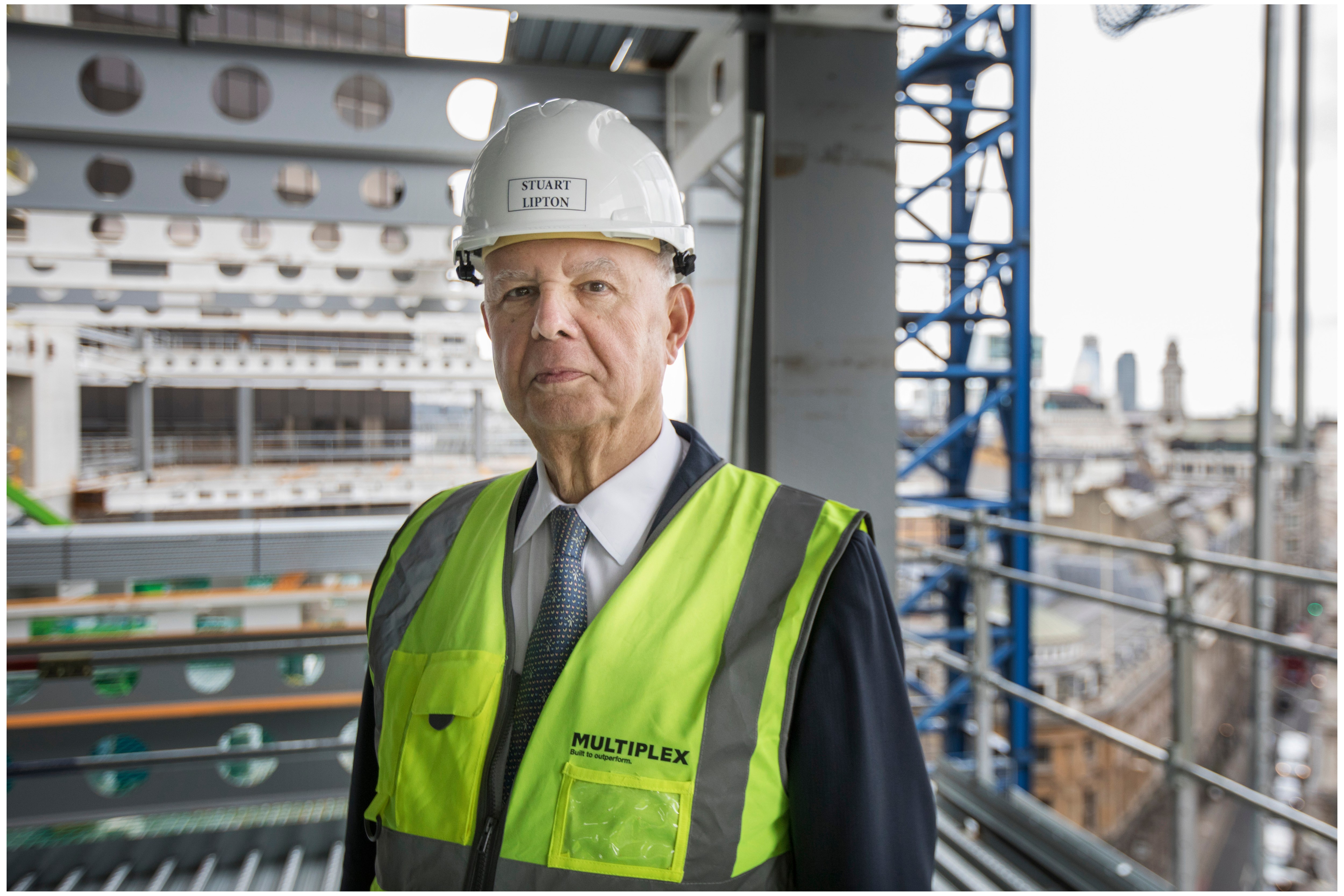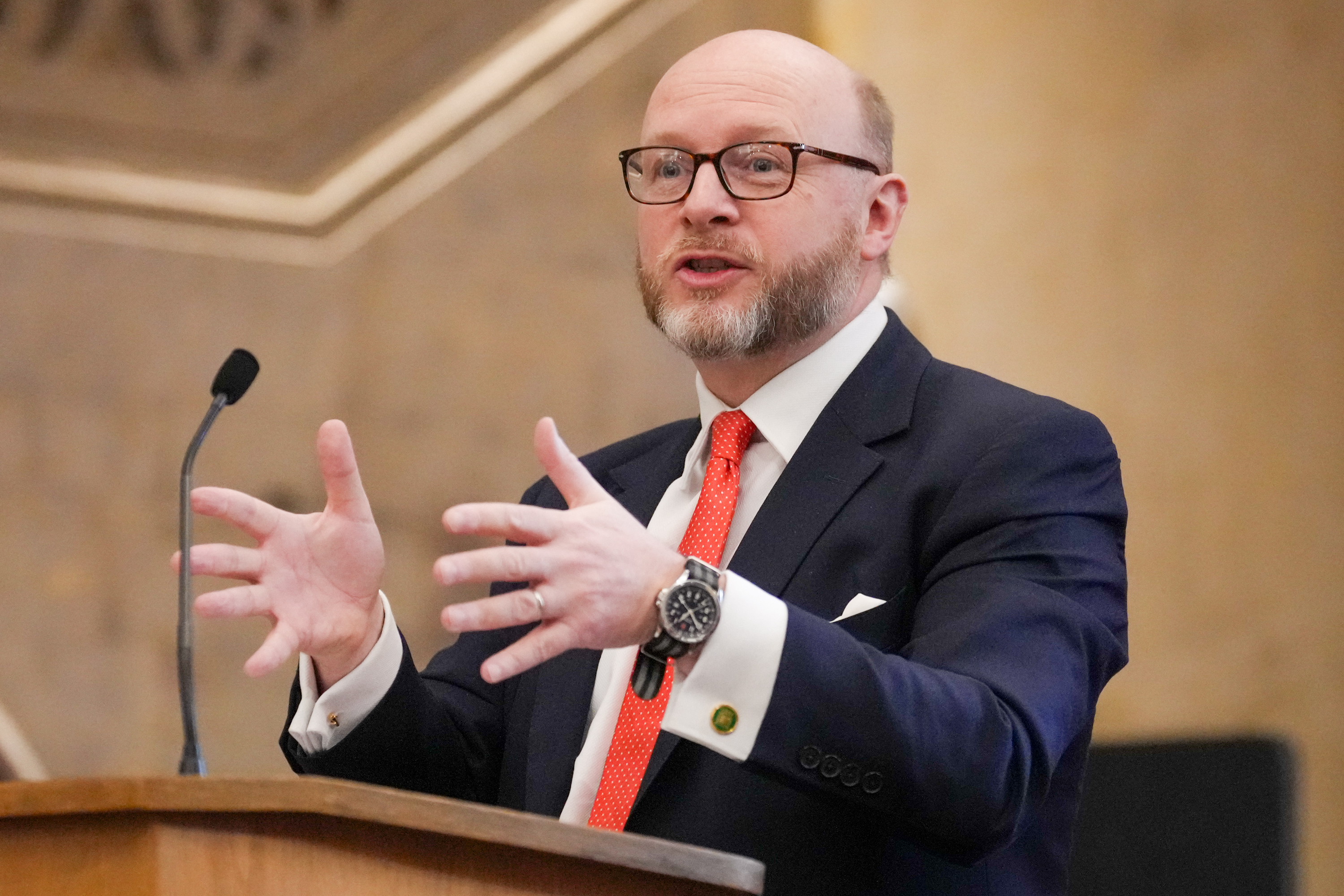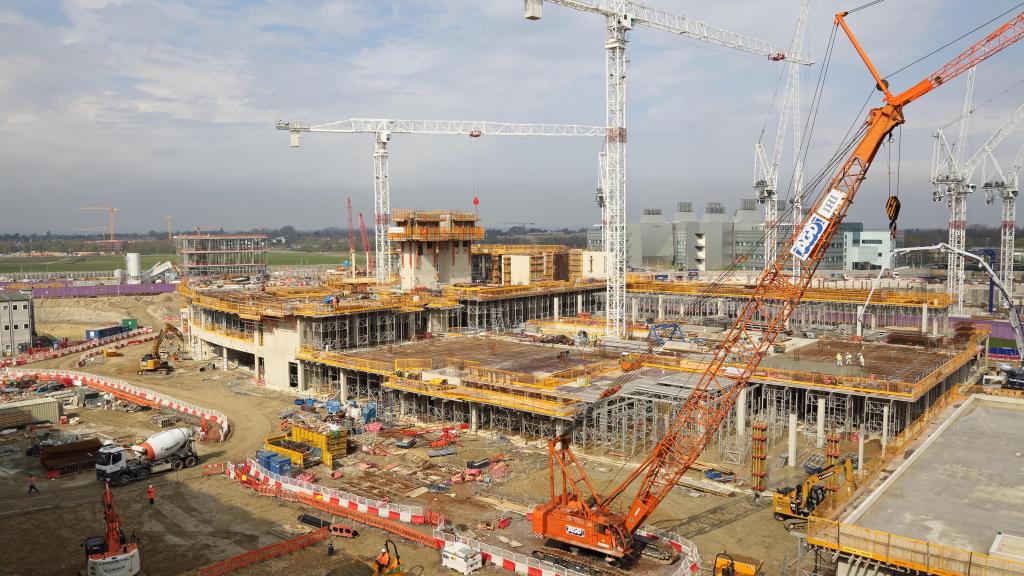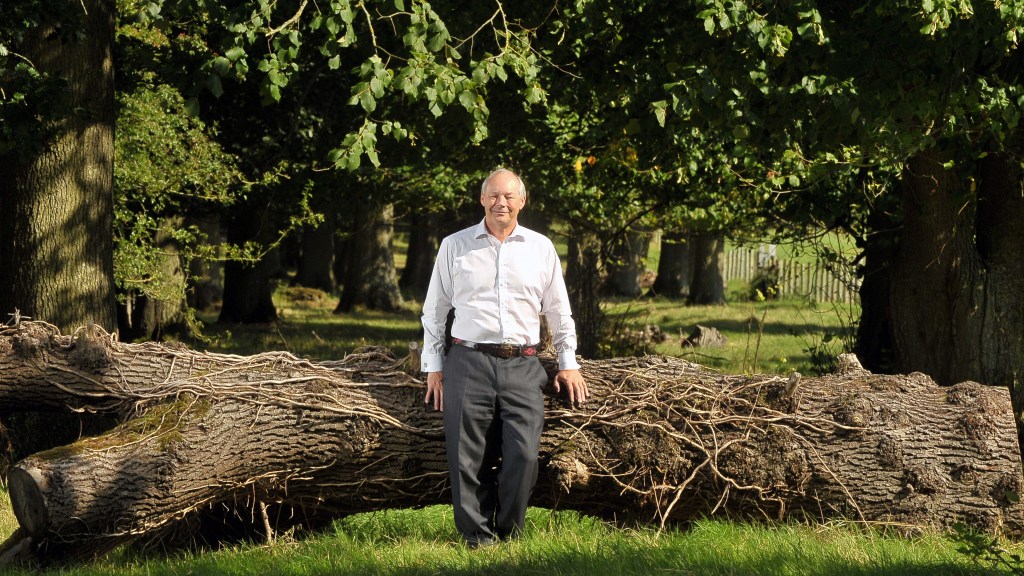ISG Collapse: Insights into the Construction Sector’s Turmoil
Two years prior, Paul Cossell, the chairman of ISG, confidently envisioned a thriving future for the construction industry from the company’s modern offices in London’s Aldgate district. Cossell believed that the sector was evolving positively, stating, “Our industry is getting sexier. We can help save the planet.”
Cossell’s optimism stemmed from his substantial accomplishments, including being named “CEO of the year” at the Building Awards three years ago. Under his leadership, ISG climbed from 17th to third place in turnover rankings for building contracts in the 2018-19 fiscal year.
However, the sentiment significantly shifted when Zoe Price, ISG’s newly appointed CEO, confirmed through an email to employees that the company had entered administration. This decision has shocked the construction landscape, with ISG’s collapse marking the largest insolvency in the industry since Carillion’s downfall in 2018.
The ramifications extend far beyond layoffs, impacting around 2,200 of ISG’s 2,400 staff members and leaving numerous ongoing projects in jeopardy. Similar to Carillion, ISG was a key government contractor involved in numerous public sector initiatives, including projects valued at approximately £1.2 billion for schools and prisons. Major private clients also utilized ISG’s expertise, including prestigious companies such as KPMG and Google, alongside significant works on notable London sites such as Kew Gardens and Lords Cricket Ground.
As clients voice concerns over the sudden operational disruptions, the situation raises pressing inquiries about the construction industry, which aimed to reform practices following the Carillion scandal.


Industry stakeholders are questioning how ISG, once lauded for achieving £2.2 billion in annual revenue alongside respectable profits, fell into insolvency. Originally established as a division of Stanhope in the 1980s for enhancing fit-out quality during Broadgate’s construction, ISG transitioned to a broader construction job scope, particularly following the demand surge surrounding the 2012 Olympics, where it notably constructed the Olympic Velodrome.

Concerns were raised by Sir Stuart Lipton, founder of Stanhope, who noted that ISG’s decision to diversify its focus led it into challenging markets with tight margins. He remarked, “The margins are very tough in heavy construction—any company that entered into fixed-price contracts has ended up losing their shirts.”
After being taken private in 2016 following an £85 million hostile takeover by US investment firm Cathexis, ISG began to face mounting pressures. Although Cathexis had high-profile investments, its leadership faced challenges in managing ISG’s transition and profitability within a highly competitive sector marked by razor-thin margins.
Despite the management reshuffles in 2022, executive compensation packages remained significantly high. In the five years leading up to the collapse, ISG’s top executive earned over £18 million, averaging £3.5 million annually, despite the struggles within the company.
As ISG grappled with operational challenges, including payments to subcontractors amid delays in crucial projects like the £3 billion Britishvolt gigafactory and the £700 million Sunset Waltham Cross film studio, instability within its ranks became starkly evident.
While Britishvolt declared bankruptcy without any progress, ISG’s troubles compounded as negotiations with Antipodean Holdings for a potential acquisition fell through due to substantial financial discrepancies. This led to Price announcing the failure to secure necessary funds to finalize the sale.
Following months of financial turmoil, the final blow came as subcontractor Alandale Group filed a winding-up petition, prompting ISG’s board to engage administrators from EY. In the aftermath, many ongoing projects, including critical government contracts for rehabilitating prisons and building schools in Wales and Manchester, hang in limbo.
The Cabinet Office has assured that contingency plans are in place to manage affected sites, while industry experts express concern about the repercussions for numerous subcontractors reliant on ISG’s work.

The scrutiny surrounding ISG will likely sharpen focus on corporate governance within the construction sector. Liam Byrne, the business and trade select committee chair, has indicated that government discussions will examine the circumstances of ISG’s downfall, emphasizing the need for improved oversight and industry regulations to prevent further collapses.
As the construction industry reflects on ISG’s failure, concerns linger about whether this incident is a solitary case or indicative of broader vulnerabilities within the sector.




Post Comment